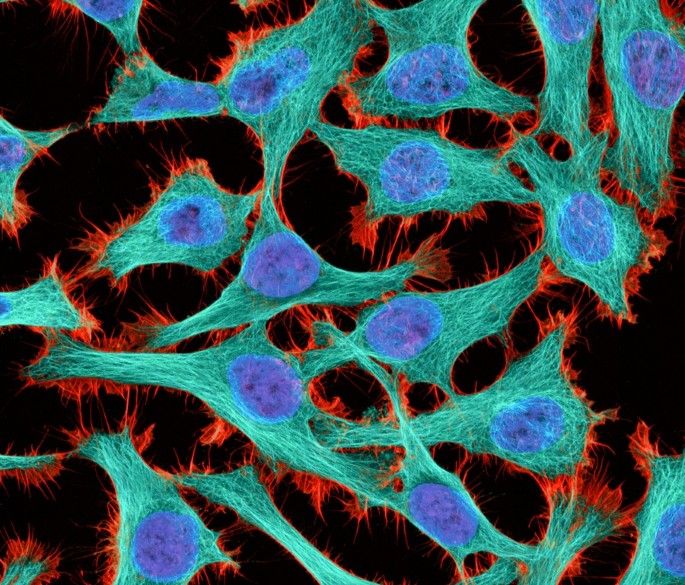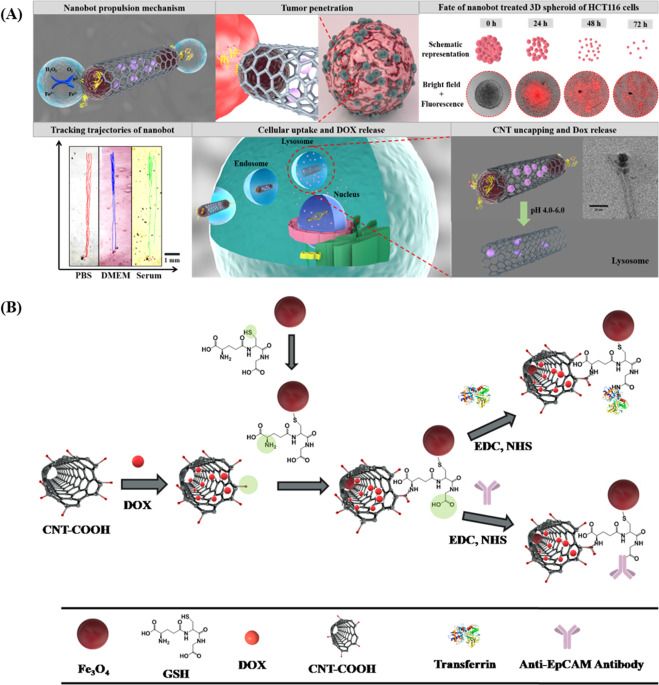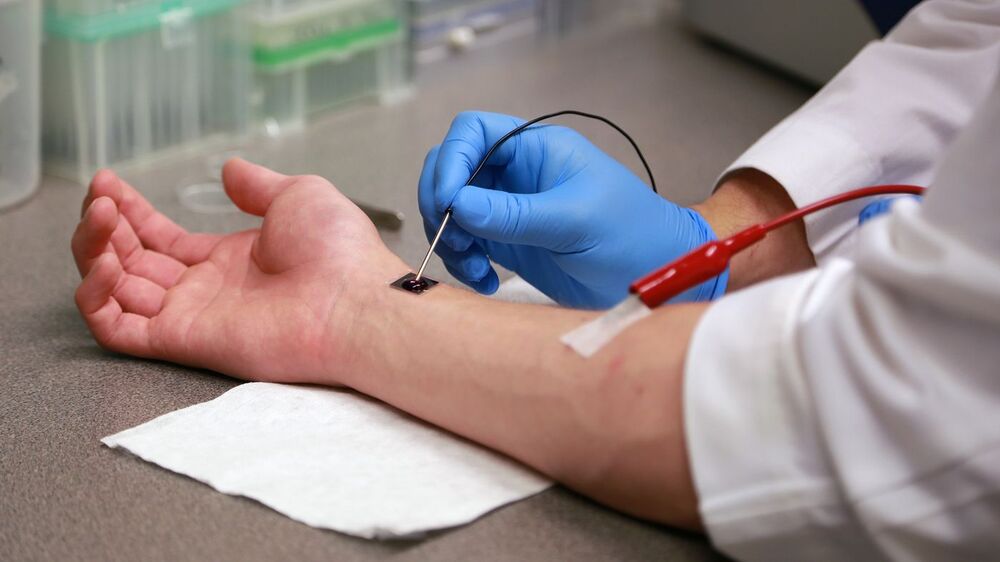The scientists found “biotin paint” on a protein named RSK1, which is part of a complex that keeps a nearby group of proteins, called RAS proteins, dormant. The scientists were surprised to discover that when they inactivated mutant KRAS, the nearby RSK1 complex stopped working as well. This allowed the RAS proteins to activate and take over the work of the missing mutant KRAS.
Cancer cells can become resistant to treatments through adaptation, making them notoriously tricky to defeat and highly lethal. Cold Spring Harbor Laboratory (CSHL) Cancer Center Director David Tuveson and his team investigated the basis of “adaptive resistance” common to pancreatic cancer. They discovered one of the backups to which these cells switch when confronted with cancer-killing drugs.
KRAS is a gene that drives cell division. Most pancreatic cancers have a mutation in the KRAS protein, causing uncontrolled growth. But, drugs that shut off mutant KRAS do not stop the proliferation. The cancer cells find a way to bypass the blockage and keep on dividing. Derek Cheng, the lead author of the study and a former Medical Scientist Training Program student in the Tuveson lab, compares this process to backup engines on a ship. He says, “You take away your main engine, you’re kind of on some backup engines. But it’s getting by on those. The ship isn’t sinking yet. It’s still moving at a slower pace. Ultimately what we want to do is sink the ship.”
Tuveson and his team wanted to figure out the “backup engines” in these cancer cells. They used a technique called biotin proximity labeling to identify what other proteins interacted with mutant KRAS. Cheng says, “I basically attach a spray can to my favorite protein, or rather least favorite protein, in this case. And so it attaches biotin, basically spraying biotin ‘paint’ to nearby proteins, and we’re able to analyze it to figure out what proteins were labeled.”









